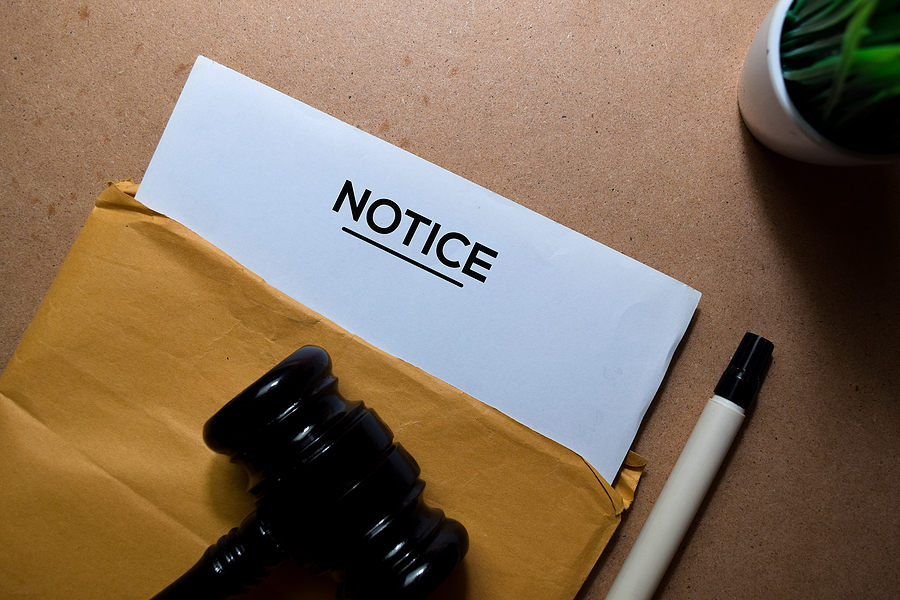Criminal cases at any level are serious, as they can significantly alter the course of your life and negatively impact your pursuit of happiness. For this reason, it is important to be prepared for your criminal case by retaining a skilled defense lawyer, especially if you must testify or have witnesses at your trial. Even if you have been subpoenaed to testify in another person’s criminal case, it is wise to be prepared, as court hearings are very serious matters.
Whether testifying at another’s trial or your own, continue below to review some frequently asked questions about being a witness in a criminal case, and who to trust for aggressive criminal defense that can preserve your rights and freedoms.

Frequently Asked Questions About Trial Testimonies
What To Do After Receiving a Subpoena
If you were subpoenaed to be a witness at another defendant’s criminal case, be sure to take it seriously by responding according to instructions and within the allotted time period. Although subpoenas are usually prepared by the lawyers, a judge can be offended and provoked if you ignore one. As a result, the judge can take a personal interest in you and pursue penal action. The first thing to do upon receiving a subpoena is to contact a lawyer. If you already work with a lawyer or have worked with a trusted one in the past, contact them and inform them of the subpoena.
How Can I Be a Good Trial Witness?
First and foremost, always be honest. Perjury is a felony, so be sure your testimony is truthful, intelligent, and non-misleading. If you are caught lying, you can face criminal charges for perjury. Furthermore, dress business casual, be on time, and maintain a calm and polite composure. Avoid using bad or offensive language, and only speak when spoken to. If you are testifying at your own trial, always take your lawyers advice and follow their instructions.
Can a Child Be a Witness in a Criminal Case?
In the case that you have witnesses at your trial, whether in support of proving your innocence or guilt, there is a possibility that it can be a child or juvenile minor. Each state has their own laws regarding child witnesses, including age requirements. From these varying laws, the common denominator is that every witness, regardless of age, must be competent and able to testify at trial. This same prerequisite applies to children. A child must be deemed to have sufficient intelligence, be able to remember and describe events, answer questions clearly, and know the difference between truth and lies.
Can I Get Immunity For Being a Witness?
Immunity is basically a “hall pass” or “get out of jail free card” for a person who is charged with or suspected of a minor crime. In exchange for vital information and testimony that will help prosecute a more high-profile criminal, a prosecutor will not move forward with charging a suspect. But, not every is offered immunity. Immunity is typically reserved for more high-profile cases and long-standing investigations. Common cases that might involve an offer of immunity include crime bosses, drug traffickers, smugglers/black-marketers, white collar fraud, sex trafficking, and similar serious crime enterprises.
Can I Be a Witness in My Own Criminal Case?
Although most criminal lawyers will recommend that you do not testify at your trial, there are times when a defendant’s personal testimony can be a good strategy for the defense. If this is the case for your own trial, there are some rules to follow. In addition to being honest with the courts and opposing lawyers during your testimony, it is equally important to do the same with your own criminal defense lawyer. They must know everything in order to build an impenetrable defense against your criminal charges. They cannot do their best to protect your interests if you are not entirely forthcoming with them about the information you have on case details.
Are you looking for an experienced and aggressive defense lawyer who won’t let you be subjected to the maximum penalties for your Indiana criminal charges? Contact the Law Office of David E. Lewis at 317-636-7514 to connect with one of our esteemed criminal defense attorneys in Indianapolis, Indiana. We can meet over the phone, via online video conference, or in person at our office.
You Might Also Read:
The Top Three Rules for Testifying in Court
The Importance of Witness Depositions in a Criminal Case
What are My Rights at Trial?






